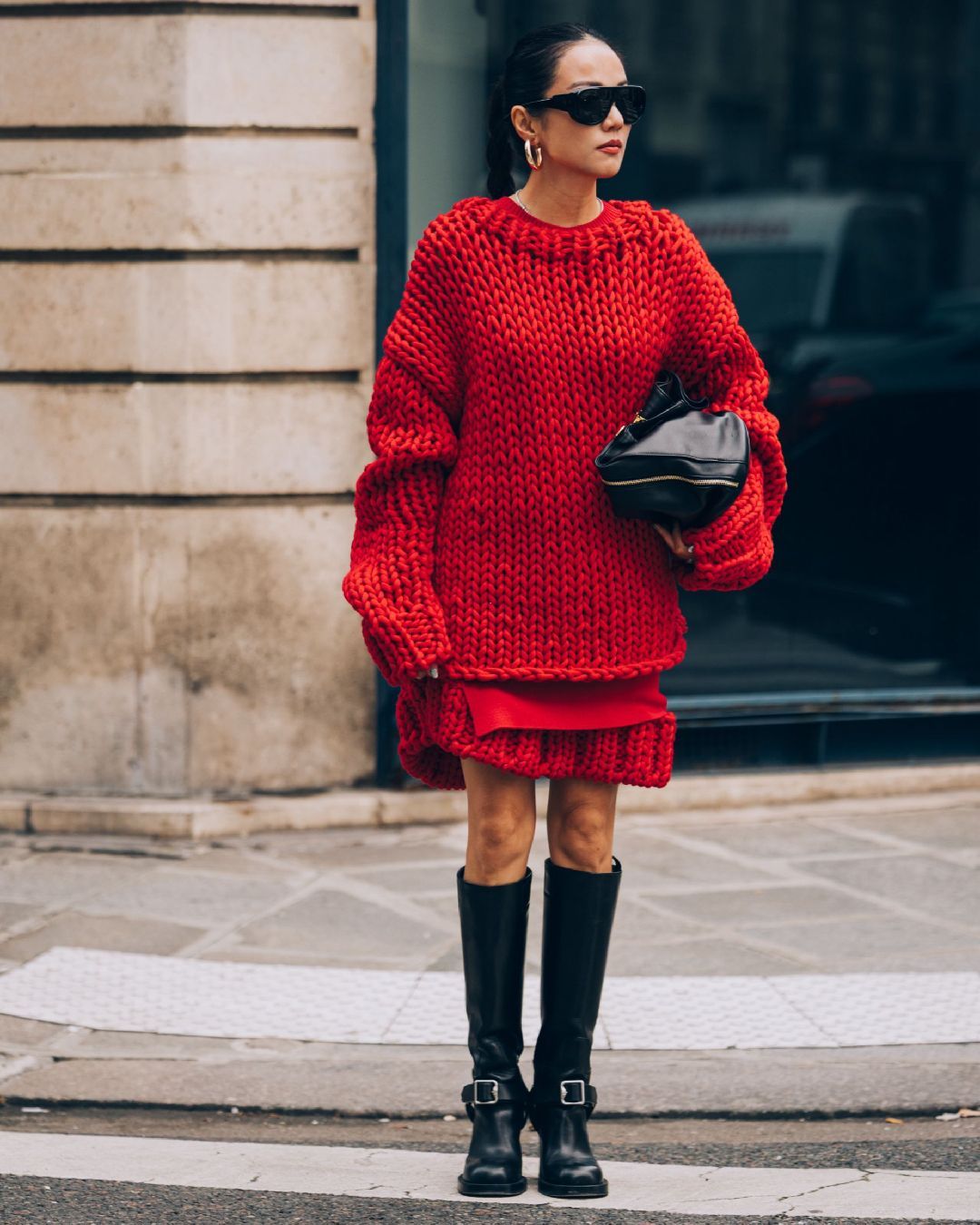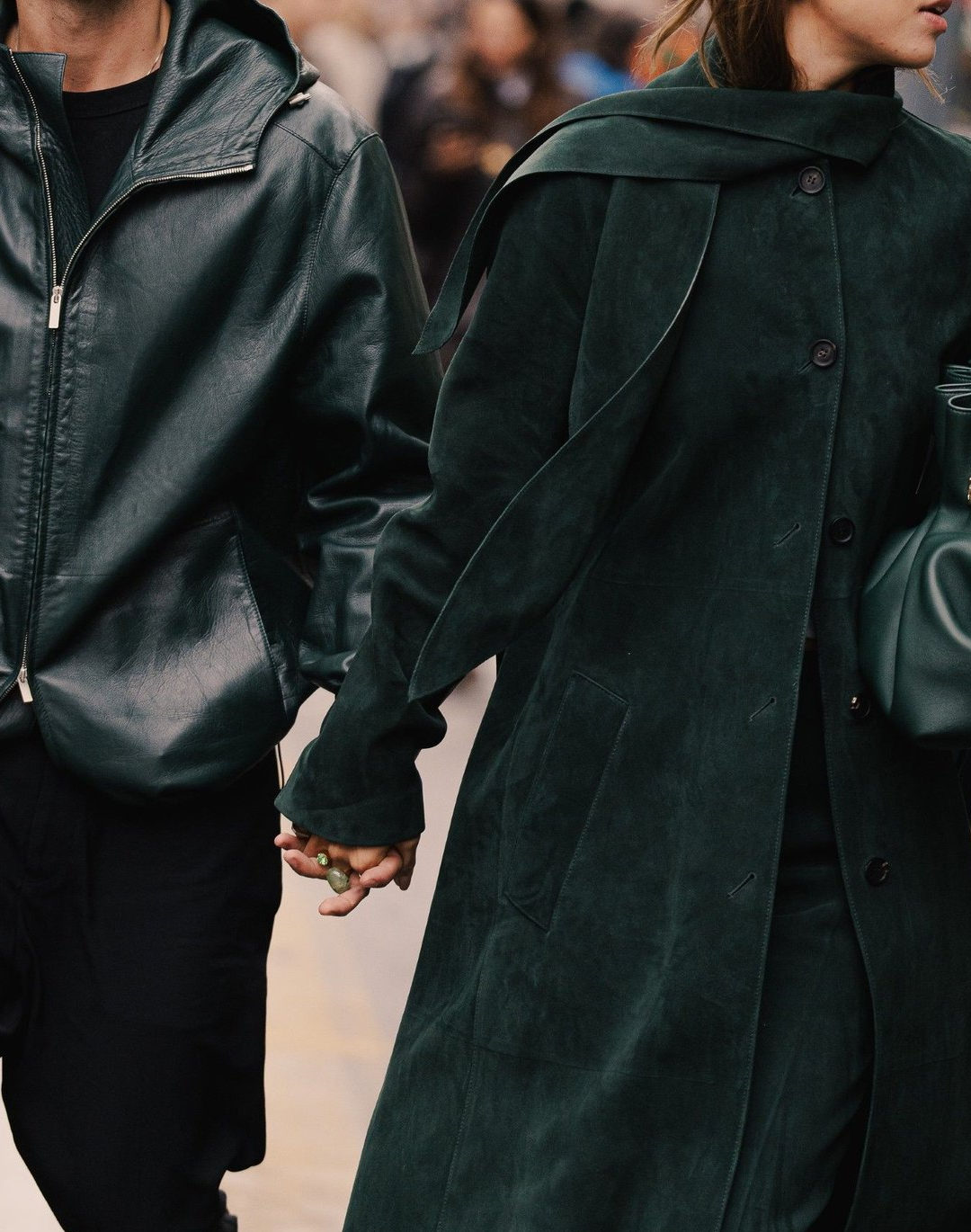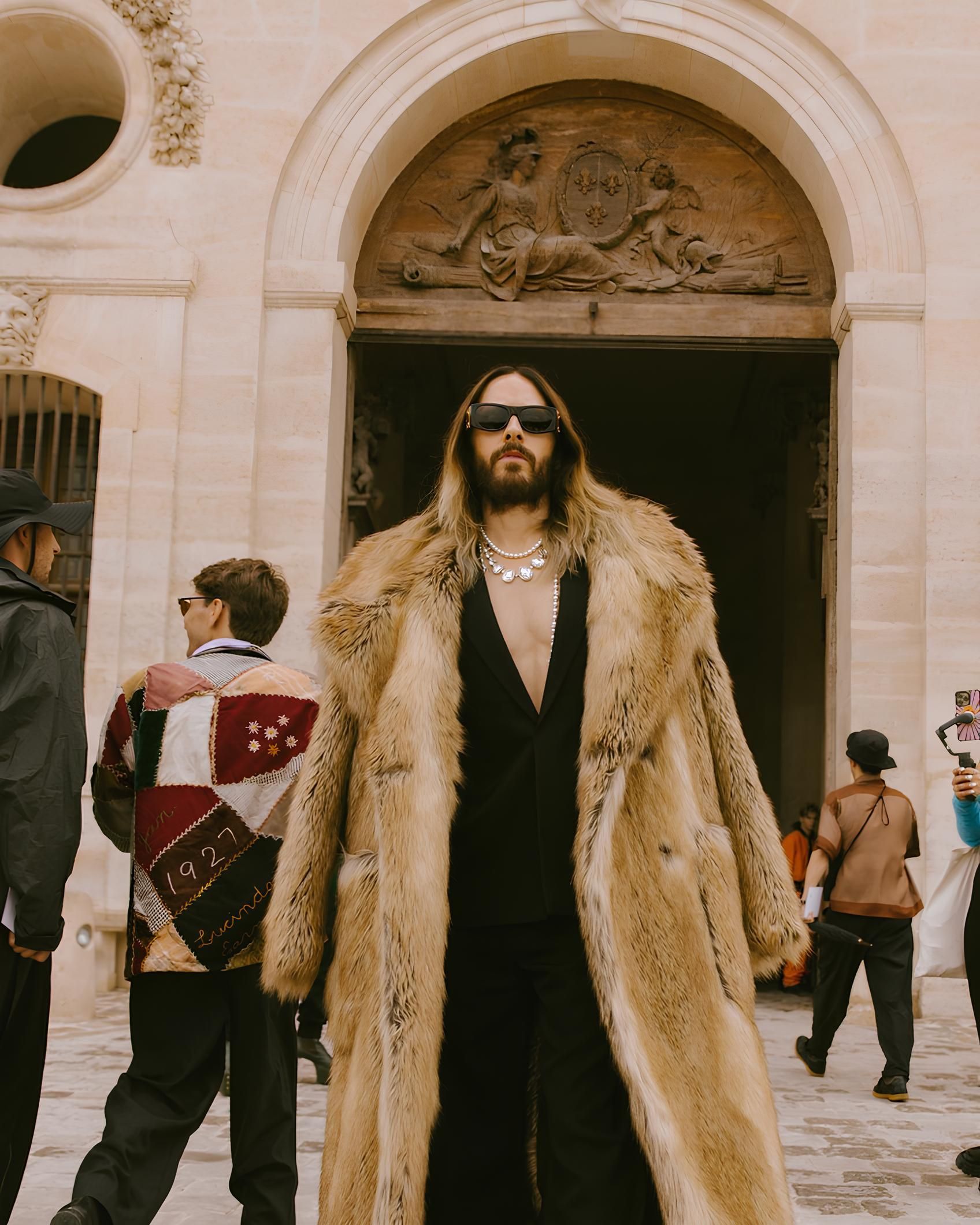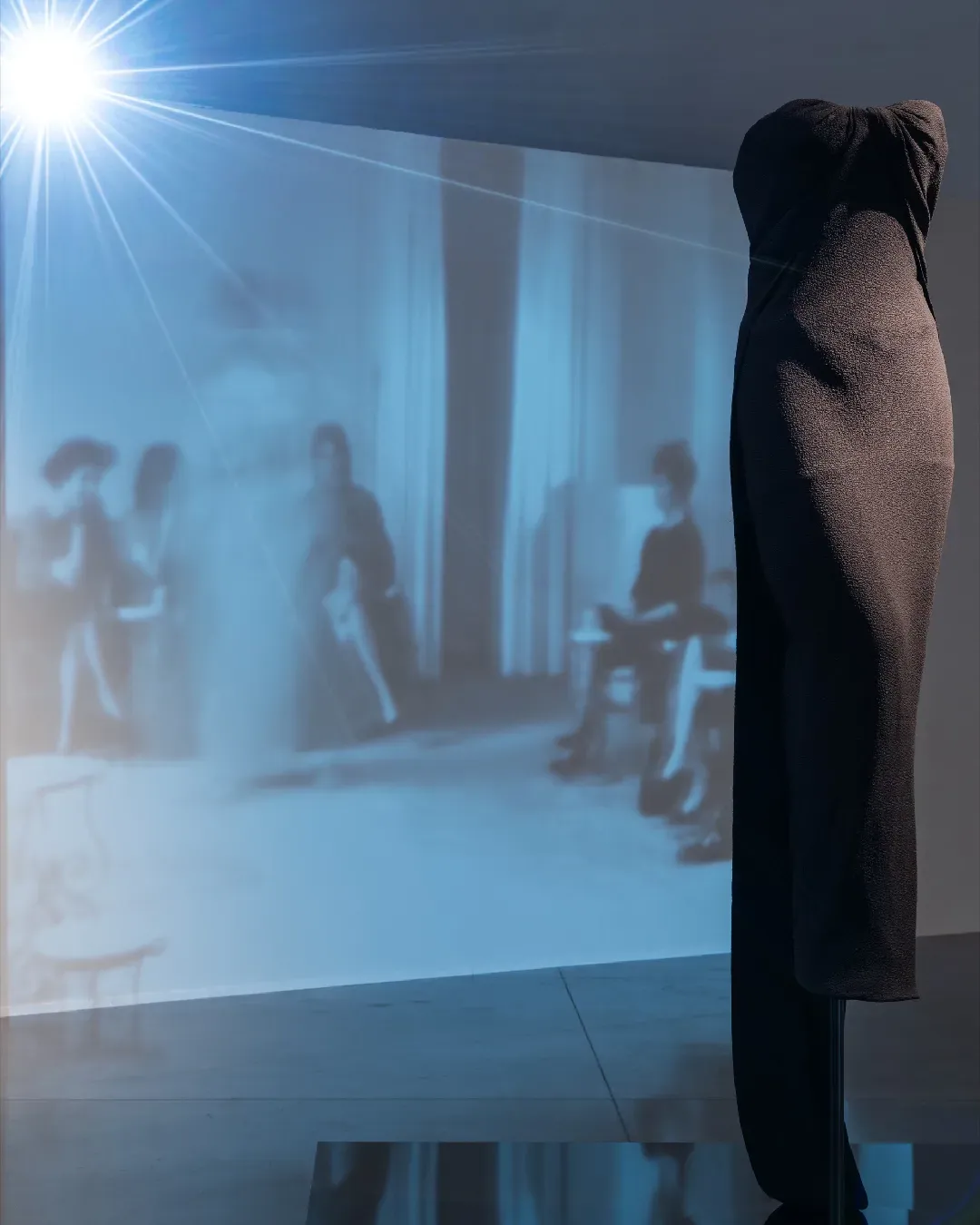
Now that bags are made from mushrooms Stella McCartney's new bag made of mycelium and other oddities
From fabrics made from orange peels to Leonardo DiCaprio's funded initiative to create a special kind of lab-grown leather using only a few animal cells, the fashion industry has been trying for years to find a sustainable alternative to leather. Today, the global luxury industry thrives on leather goods, prized for their versatility, durability, aesthetics, and their connection to cultural archetypes, from cowboys to rockers, in a market that accounts for about half of the $100 billion in sales generated by the top five European fashion system companies. Stella McCartney's new bag brings for the first time a vegetable alternative from the laboratory rooms to the shop shelves: it is called Mylo Frayme made by Bolt Threads, the new half-moon model, the first bag made entirely of mycelium derived from mushrooms and the flagship product of a new generation of materials.
The launch of the bag, in a limited run of only 100 pieces in July, is part of a series of highly experimental debuts by brands ranging from Hermès to Lululemon, aiming to test the market for the first time for a range of mycelium-based leather alternatives. The first in a series of trials, therefore, aimed at increasing production and lowering costs, as McCartney's Mylo Frayme bags will sell for £1,995 ($2,485), while the closest leather alternative currently costs £1,150. A square metre of Mylo is worth about $30, on par with fine calfskin leather, which sells for about $25-40, but the price could drop to single digits as production scales up.
adidas has delayed the launch of products made from the material in part to ensure consistent quantity and quality of supply, said Paul Smith, the company's senior director of innovation, while in February Lululemon released two bags finished in Mylo. Last week, New York-based materials science company Ecovative added Reformation and footwear company Wolverine to its list of brands. Meanwhile, Balenciaga's Winter 2022 collection featured a dramatic full-length coat made from Ephea, a mycelium-based material developed by Italian manufacturer Sqim, and Hermès said it plans to present items made by MycoWorks with engineered mycelium in the coming months. As expensive as the exotic leathers of Cèline's last crocodile capsule, mycelium is just one of the experimental materials that could soon represent a new frontier of luxury, very limited products that will soon represent not only a sustainable alternative worth investing in, but also a display of one's purchasing power almost as much as the latest Rolex.























































